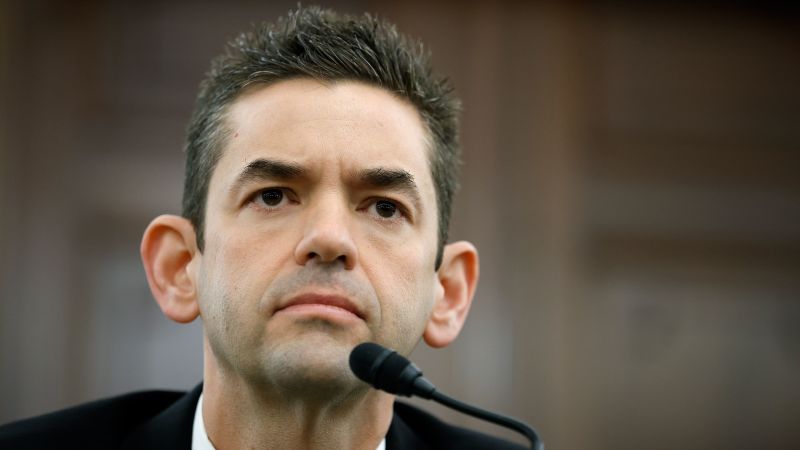In a significant development in the politics of space exploration, the White House announced on Saturday that it would be retracting the nomination of Jared Isaacman, a notable tech billionaire and founder of payments platform Shift4, for the position of NASA Administrator. This decision indicates a commitment to appoint another candidate who aligns more closely with President Donald Trump’s vision, as he seeks to reinforce his America First agenda in regard to the future of space research and exploration.
The White House’s announcement, articulated by assistant press secretary Liz Huston, highlighted the responsibilities expected of the NASA Administrator, including leadership roles in landing American astronauts on Mars and advancing human space exploration. Huston emphasized the critical nature of this role in executing “President Trump’s bold mission” and reassured that an announcement regarding a replacement nominee would be forthcoming directly from the President. This formal communication seemingly underlines the administration’s intent to ensure that NASA’s leadership is cohesive with the overarching goals of Trump’s presidency.
The timing of this decision is crucial; it comes mere days before the Senate was anticipated to vote on Isaacman’s nomination. His candidacy had generated both excitement and skepticism within the space community. Many viewed him favorably, particularly due to his personal experiences with space travel—having completed two missions—and his close association with Elon Musk, the CEO of SpaceX. This connection, however, raised concerns among Democratic lawmakers, who feared that a nomination of Isaacman could lead to conflicts of interest potentially favoring Musk over the broader aims of NASA and the U.S. government.
The sudden reversal regarding Isaacman’s candidacy left observers perplexed, particularly considering his commitment expressed during his recent confirmation hearing. In front of the Senate Committee on Commerce, Science, and Transportation, he conveyed his support for ambitious space endeavors, including the goal of sending humans to Mars. His statements drew attention because they seemed to diverge from the current focus of NASA on the Artemis program, which prioritizes returning astronauts to the Moon, a key component of U.S. space exploration strategy during Trump’s administration.
Interestingly, interest in Mars exploration has only noticeably picked up after Musk, a prominent advocate for Mars colonization, became a close ally of President Trump in 2024. Musk’s global ambitions for interplanetary travel appear to have significantly influenced Trump’s administration, pulling focus toward human exploration of Mars. This collaboration has proven significant, as it overlaps with Isaacman’s aspirations of marrying NASA’s lunar missions with the path to Mars exploration.
In his confirmation hearing earlier, Isaacman underscored the need to evaluate the potential benefits of lunar presence while pursuing goals for Mars, lauding the scientific, economic, and security advantages that come with an active Moon strategy. He expressed his eagerness to champion both the Artemis program and a strategic path for crewed missions towards Mars—a dual commitment that appeared to resonate well with many in the space sector.
While the unfolding events regarding Isaacman’s nomination have garnered notable media attention, the broader implications signal a recalibration of NASA leadership priorities as well as the intricate relationship between political ventures and private sector aspirations in the realm of space exploration. In a related note, Elon Musk has recently departed from the Trump administration personnel but remains a self-identified friend and adviser to the President. Musk has reaffirmed his focus on SpaceX’s missions, particularly with its ambitious Starship project, despite recent setbacks in test flights.
The expectation now lies with the White House to identify a candidate who not only resonates with Trump’s plans but also enjoys the confidence and respect of the broader space community. As these developments continue to shape the future of NASA, they highlight the critical intersections of governance, technology, and human achievement in exploring the cosmos.



